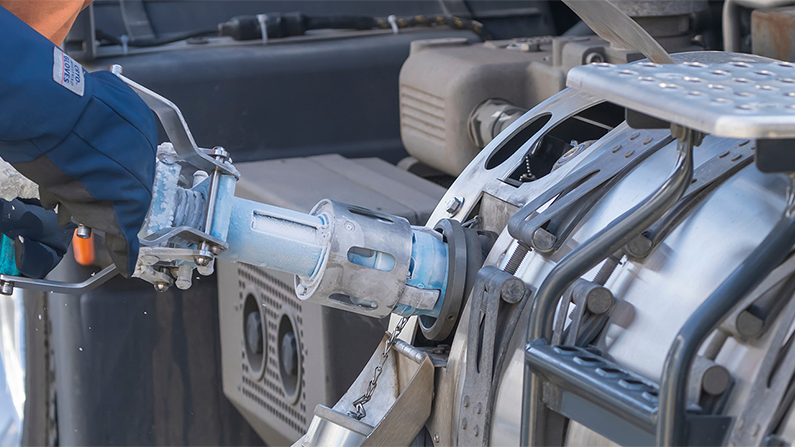This article is reproduced with permission from OwnerTeamConsultation (OTC).
For more information on OTC services please see www.ownerteamconsult.com
The movement of natural gas (NG) across vast distances demands a robust transport system linked closely to storage.
Understanding various transport modes is crucial in comprehending the gas logistics chain. The article explores traditional transport methods—pipeline, compressed natural gas (CNG), and liquefied natural gas (LNG)—illustrating their impact on global gas pricing and the intricacies within each mode. It emphasizes the significant role logistics costs play in gas pricing discrepancies across regions and dissects the complexities of prominent pipeline projects worldwide, shedding light on their costs, challenges, and geopolitical implications.
Additionally, it explores the potential of CNG and LNG transportation methods, providing insights into their feasibility, costs, and applicability in different scenarios.

